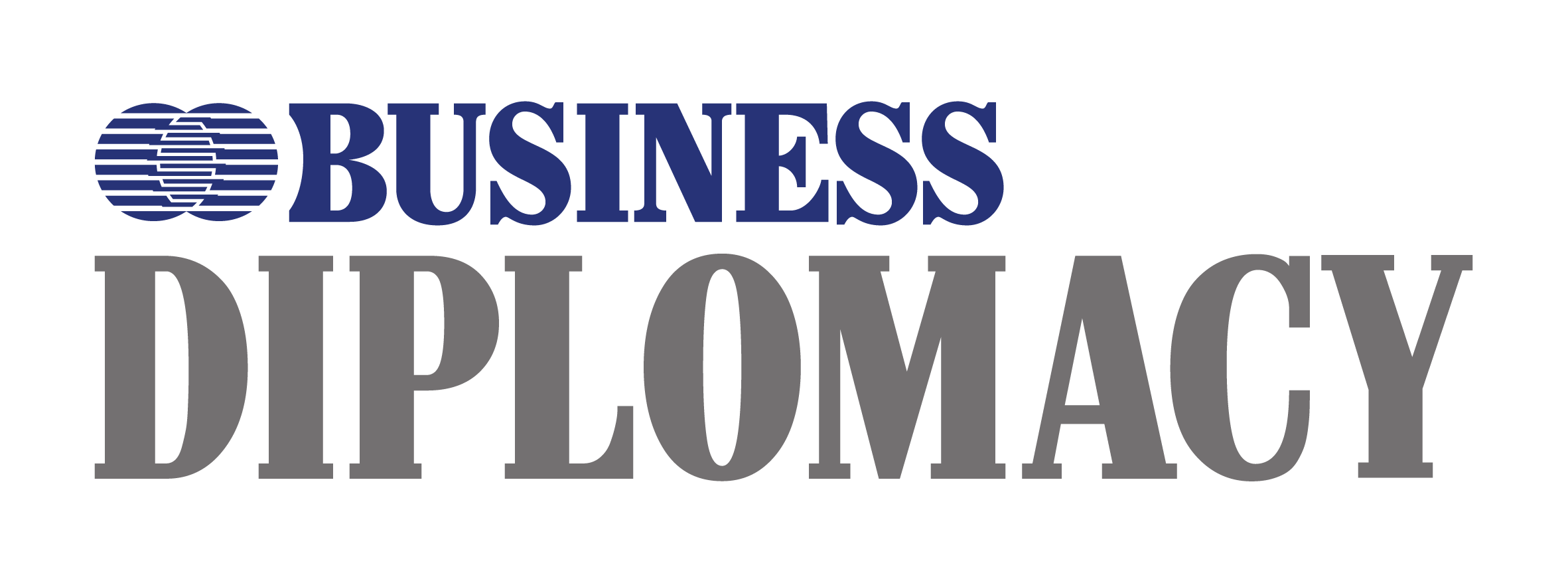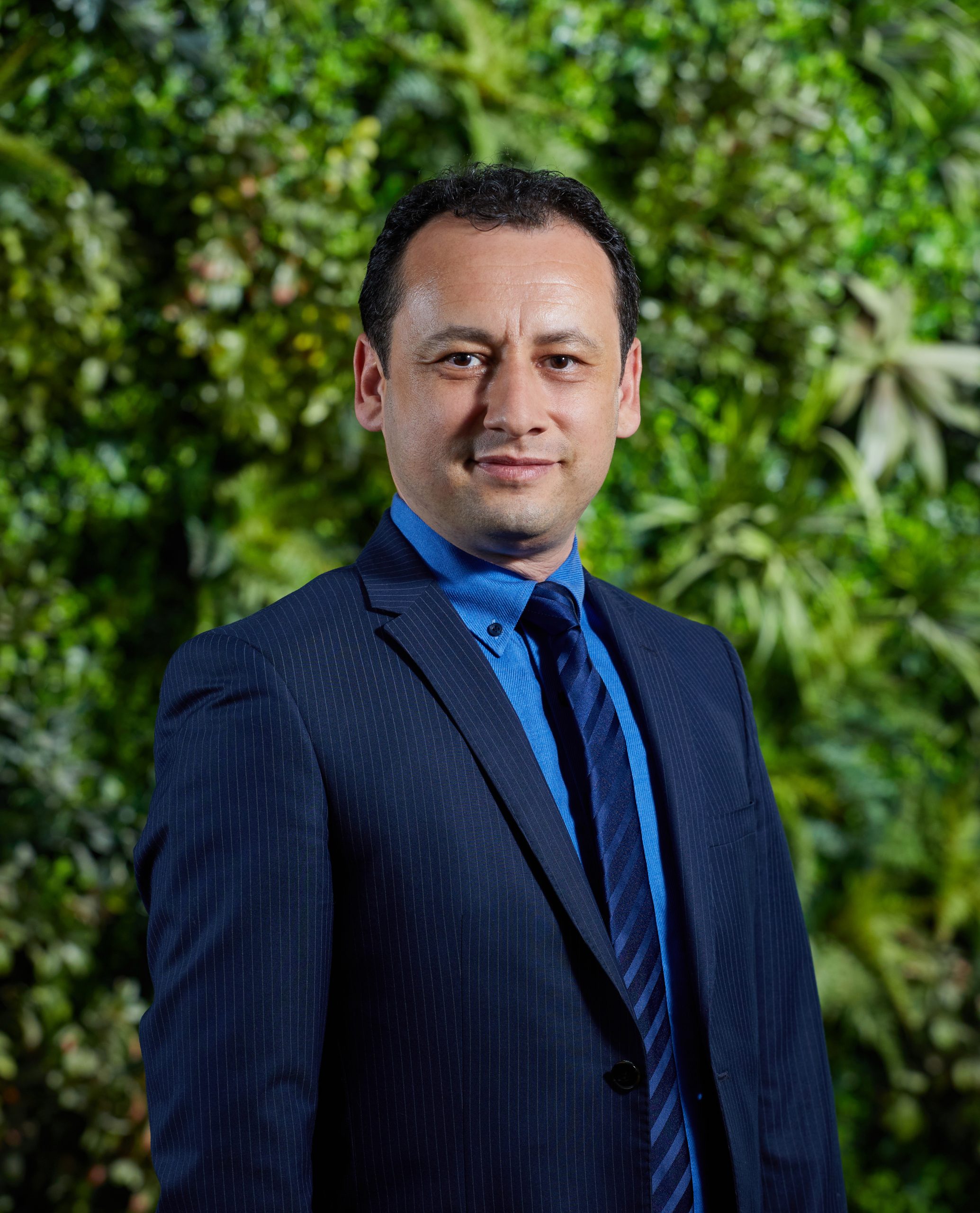Unchanging Power of Changing Education: Independent Learning
Education is a phenomenon that is shaped according to the needs, economic power and cultural elements of the society. Therefore, many different systems may be mentioned. The successful systems have one thing in common: The promotion of independent learning. The systems are in a constant change in line with the needs of the time and the possibilities provided by technology. The constant common point is that independent learning is increasingly appreciated and come to the fore.
Capable of creating opportunities for themselves to learn something outside and beyond what is given in the course, these individuals will always be one step ahead. Unlike individuals who filter information on the basis that whether it will work for them before learning it, independent learners are individuals who can transform knowledge into power and use it creatively. There is a transition from the structured classical system, which is applied with textbooks and uses technology only for the purpose of transferring information, to a student-centered, process-oriented system that is individualized according to the needs and abilities of the person. The most powerful aspect of this system is that the student initiates the learning process with his/her own curiosity and creativity. Only in this way will it be possible to keep up with the information age and learning will turn into a lifelong habit.
Apart from academic development, education should also prepare students for life as individuals. It has to ensure that they grow up as people who know themselves and are aware of what they want and have the courage to go after what they want. In this sense, any experience gained by the student is valuable. In such a system, teachers should be guides who lead the learning process, not those who only convey information. Teachers who keep up with change will prepare our children for a future we cannot even imagine.
Now, in the world of education, physical boundaries are rapidly disappearing. As a result of the pandemic, distance education came to the fore as a necessity and suddenly large masses met with the use of technology in education. Learning has become an accessible opportunity outside the classroom and regardless of distance. In today’s world where access to all kinds of information is just one click away, limiting learning to lessons in schools and proceeding with exams based on these is unfortunately not an efficient and sustainable situation. Schools need to prepare young people for jobs we do not even know yet, which will emerge in the not too distant future. Even in professions that have existed for a long time, a new generation of skills is required. For these reasons, independent learning, which is the most important feature of successful education systems, has turned from being a privilege to a necessity that needs to be kept up.
As a result of the new developments, cooperation between schools, institutions and teachers from all over the world has become possible not only through limited project-based studies, but also on the basis of daily education programs and lessons. While the schools preserved their local identities, they also had the potential to collaborate in education on a global scale.
In the light of all these developments, flexible education processes to be shaped according to the needs of individuals are put forward. In fact, this flexibility has always been a necessity, yet it could not be met through the existing order and possibilities. Thanks to the liberation of education from physical boundaries, this has also become possible. Through the desk in your room, you can now receive and give education that is not available in your region or even in your country, or you can interact in an international classroom. You can plan your learning on a route of your own choosing and of your choice, not on repetitive exams and standard courses. Independent learning is a lifelong skill, and people with this skill are also capable of staying up-to-date, even to think and act beyond the circumstances. Being able to ask the right questions and get the right answers is also another ability independent learning provides you with.
In this context, the education system in Turkey needs a serious renewal in terms of its general structure. I am talking about an innovation made by changing the order of the curriculum subjects and their place according to the years. In a system where students are selected or eliminated with a single exam and multiple choice questions, it is not possible to raise individuals who think and question analytically and who can produce alternative and creative solutions with different approaches. If we look at the inequalities between regions and schools due to the number of young population and the economic conditions of the country, it is certain that there is no easy solution. In addition, the current examination system applied is the system that causes the most grievances due to inequality. In a system where each school grades according to its own standards and approach, but is actually managed from a single center, achievements are limited on an individual or school basis. Education in Türkiye needs significant amount of standardization. In order for it to be sustainable, it is necessary to establish an order that can make moderation in a sound manner.
These standards should cover both the learning environment and conditions of students and the working conditions of teachers. Creating online resources and applications and where the physical conditions of the schools are not sufficient, ensuring that students benefit from these resources and following them may act as a solution. The online supports mentioned here should be purposeful, constantly updated and measurable training materials produced by professional educators and technologists. At the same time, exams in which millions of students are ranked in a single session that only include multiple choice questions should be abolished. Beyond the security concerns about the application, which are frequently raised, it is not possible for educational sciences to measure and evaluate such a large number of students in a single session and through the same test in a reliable and valid manner. On the other hand, in order to abolish exams, it will be necessary to produce an alternative solution instead. Here, it is an option for educational institutions to take the initiative and manage their own application and admission processes in a transparent manner. At the same time, this is a process that necessarily triggers the educational quality of institutions, because where there is good education and the process is carried out with precision and confidence, the demand will be greater.
Schools should be allowed to create an internal pool of resources, including donations from graduates. However, the legal basis for all these issues needs to be prepared in a very careful way. In fact, the formation of a good education system is not a process that can be achieved only by educators alone. Education is a system that covers everyone in society and has direct ties to every field. Perhaps this is the reason why it is difficult to make radical changes in education and establish a healthy system. It is a system open to everyone and every field, where not only educators but professionals from many fields should contribute.
My regards and respects to everyone who learns to learn, becomes stronger by feeling the renewal and joy of learning, and thus contributes to raising individuals who can go beyond the age.
Meryem Doğan Şişman
Founder-Avalon Educational Consultancy, United Kingdom



